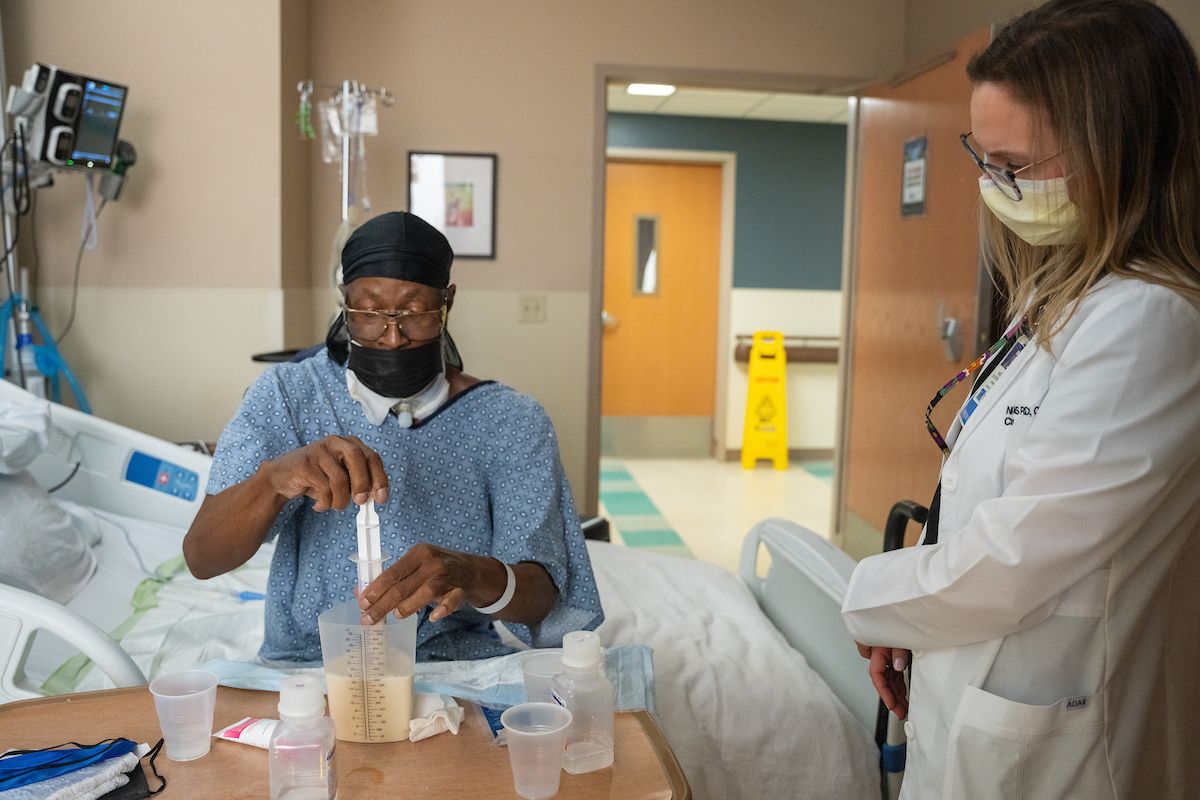Adopting a healthy lifestyle is important for cancer survivors. It can reduce the risk of recurrence, help manage weight, reduce the risk of other diseases such as heart disease or diabetes, and improve overall mental and physical quality of life. According to the American Institute of Cancer Research, the available science on diet and survivorship suggests that – unless advised otherwise by a qualified professional – cancer survivors should aim to follow the recommendations that help prevent cancer in the first place.
- Be a healthy weight. Keep your weight within the healthy range and avoid weight gain in adult life.
- Be physically active throughout the day. Aim to be physically active for at least 30 minutes per day and avoid being sedentary.
- Make healthy food choices.
- A daily variety of vegetables, fruits, whole grains and legumes (beans) can provide the fiber, vitamins, minerals, and phytochemicals you need to help prevent cancer and other diseases.
- Avoiding sugary drinks and processed meats. Limit red meat and high-calorie “fast foods” and other processed foods high in fat, starches, or sugars. Avoiding and limiting these foods can help you achieve and maintain a healthy weight and help to prevent obesity-related cancers, heart disease, and diabetes.
- Aim to meet nutritional needs through diet alone rather than through supplements.
- Limit alcohol consumption. If you drink alcohol at all, try to limit your intake to no more than two drinks per day for men and one drink per day for women. Alcoholic drinks increase the risk of a number of cancers and can be high in calories which may lead to weight gain. One standard “drink” is equal to 12 ounces of beer, 1.5 ounces of 80-proof liquor, or 5 ounces of wine. For preventing cancer recurrence or onset of a new cancer, it’s best not to drink alcohol.
- Do not smoke or chew tobacco. Smoking or using tobacco in any form increases the risk of cancer and other diseases. It’s never too late to stop using tobacco and your health will benefit immediately. If you smoke, quitting is the most important thing you can do to reduce risk of cancer recurrence.
The Registered Dietitian Nutritionists (RDNs) are part of your Roswell health care team
RDNs can help you manage nutrition-related side effects from your cancer treatment and provide guidance to help you improve your nutritional health. If you would like to meet with a dietitian, ask your doctor or nurse to order a nutrition consultation for you.
Discover how diet, nutrition and physical activity affect your cancer risk with this interactive cancer matrix.
